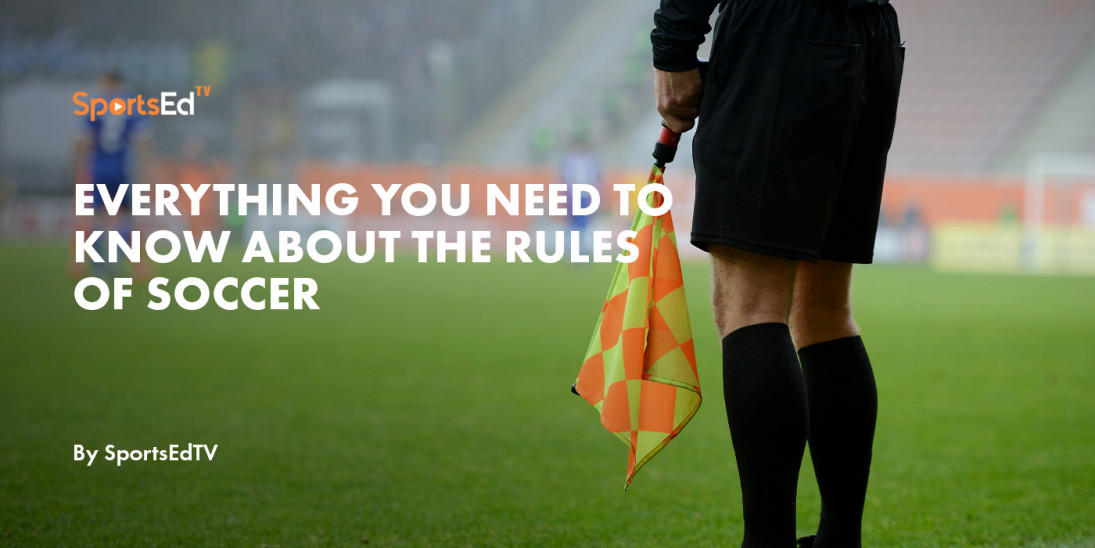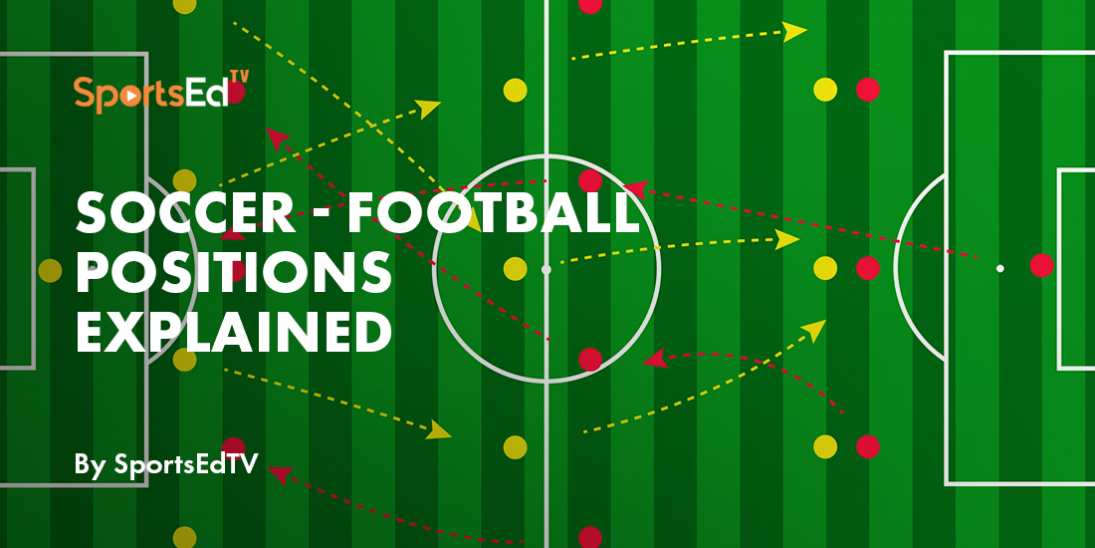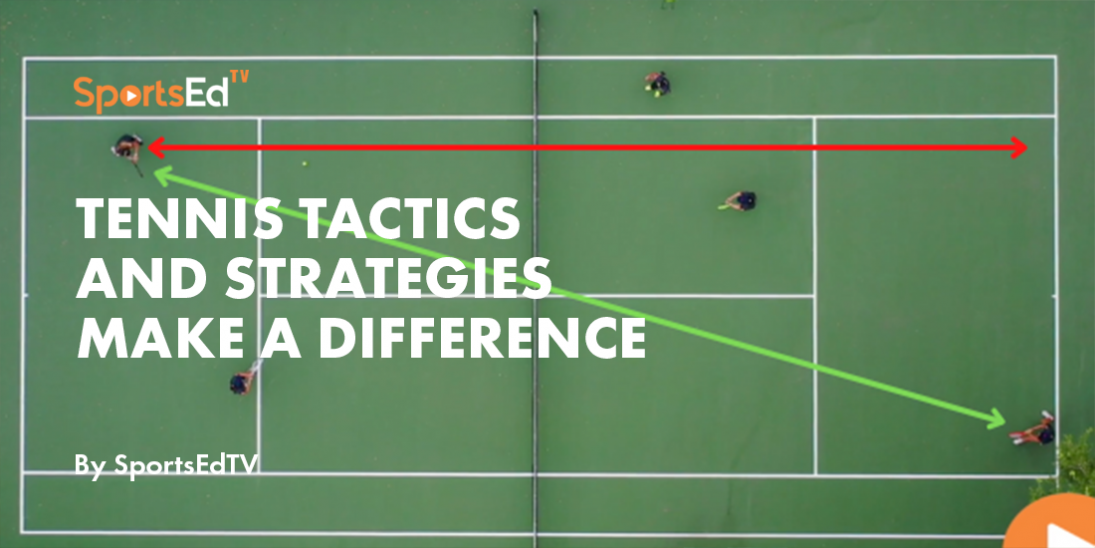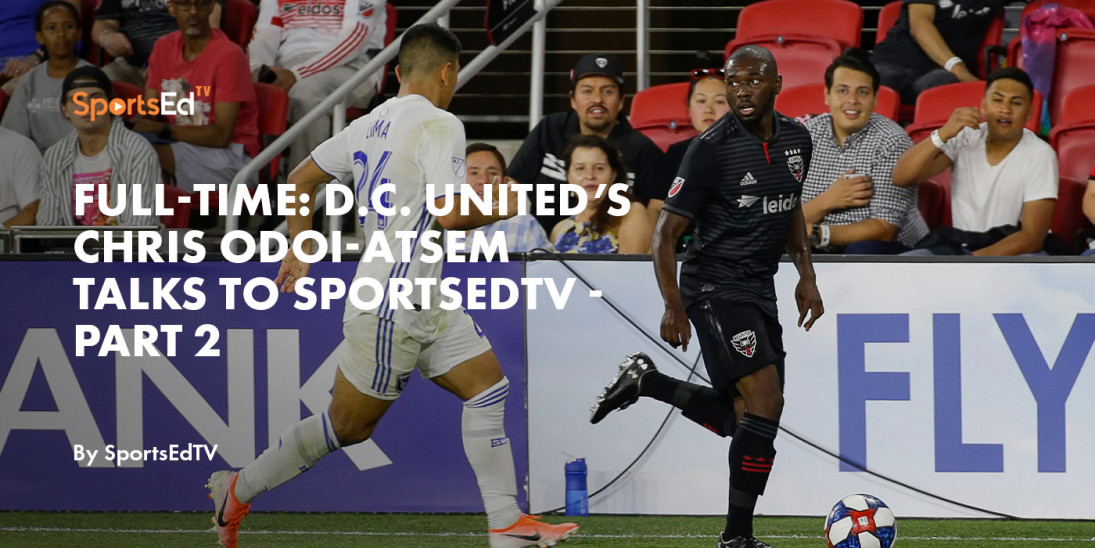Taekwondo
Welcome and thanks for visiting...

TAEKWONDO TOOK USMAN DILDAR FROM REFUGEE CAMPS TO THE OLYMPIC GAMES
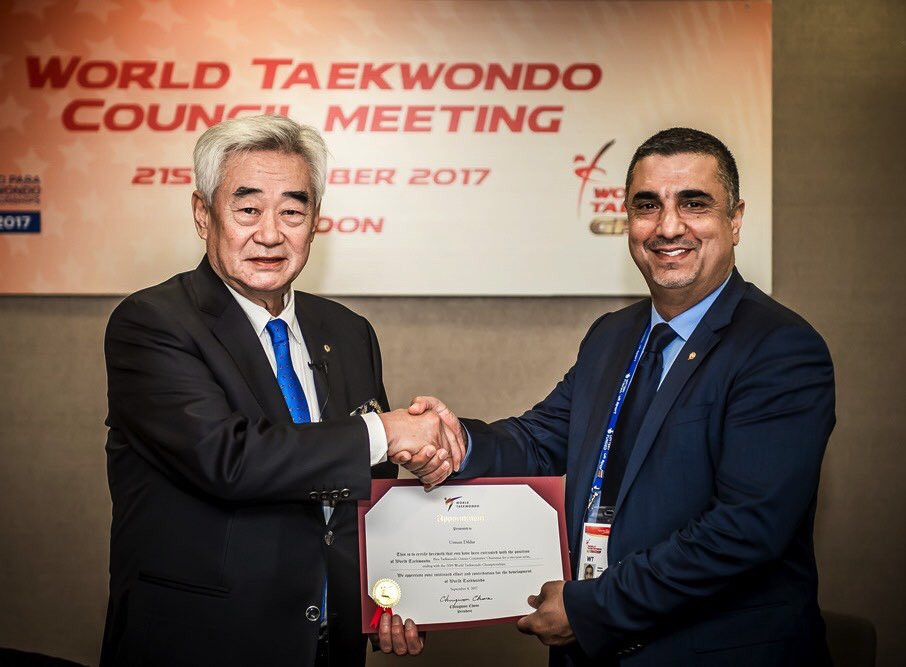
SportsEdTV: When Usman Dildar sat for an interview with SportsEdTV’s Victor Bergonzoli and Peter Fox, it was expected to cover the state of the sport and welcome Dildar as a senior contributor who’ll share years of Taekwondo coaching and leadership experiences.
It turned out to reveal a story of a man whose passion for the sport began in Pakistan refugee camps where he and his family fled the war dangers of Afghanistan.
There, under the tutelage of his Taekwondo Grand Master brother, Yousuf, the pair brought a sense of security and discipline to refugee kids teaching the principles of Taekwondo.
Fast forward though decades and Usman Dildar today is: Chairman World Para-Taekwondo Games Committee; Member of International Advisory Committee of the World Taekwondo Headquarters; Vice President British Taekwondo Federation; Chairman London Taekwondo Academy Ltd and too.
What the interview revealed was a man astute in the principles of Taekwondo and empathetic to its grassroots and the personal and athletic benefits to all levels of participants.
We are pleased he will continue to contribute to our growing Taekwondo channel audiences.
The interview, edited for continuity:
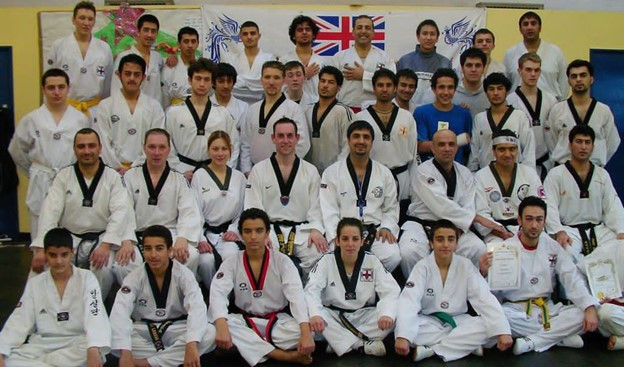
SportsEdTV: If I was a parent and I didn't know anything about Taekwondo and my child expressed an interest and I asked why would Taekwondo help my child, what would the answer be?
Usman Dildar: We believe Taekwondo is placed between the primary education when parents are teaching children how to say please and thank you, or how to use the knife and fork on the dinner table and formal schooling. So I think Taekwondo will be between the home education and state education to reinforce the discipline and kids and even give them pathway to become an Olympic champion in the future. So I think Taekwondo is situated in a very good place, you know.
For example, if your children are teenagers and when they go to school, if they are bullied or if they are not confident enough, if they are not strong enough to be able to say no to drugs, to be able to say no to bullies, to be able to say no to any other type of harassment, they could cling to a negative group outside of school. So I think Taekwondo will hugely contribute towards their self-confidence and self-discipline and also as a whole to develop them as good citizens.
SportsEdTV: Can you please talk about safety precautions in the sport?
Usman Dildar: First, in selecting a coach or academy you should know that we have our own safeguarding policy, our own accreditation and screening system, that the coaches who become officially recognized, they get certification from the World Taekwondo, to be able to teach those kids. They go through intensive course of training of the safeguarding policies, ethical codes, competition rules, even how to deal with different people. And currently in a lot of schools, safeguarding policies, ethical codes, or the screening process of certification don’t exist, so I advise looking for certified instructors.
SportsEdTV: Usman, can you help clear some standards confusion in the Taekwondo world.
Usman Dildar: Well there has always been confusion and perhaps an international platform like SportsEdTV can help us standardize. For example, in Taekwondo, in the U.K. a child is wearing a yellow or a white belt with a yellow tag on a yellow belt, and then when you see somebody in any other country, just an example, they wear a purple or an orange belt at similar levels, causing confusion. There is no standardization when it comes to belt system.
There are other customs and forms which are not standard, as well.
So I think what you're providing now and in the community worldwide for Taekwondo, is a service for the Taekwondo community and the sports community as a whole for people to get the standard training from the top level senior instructors from people like Bianca Walkden and Aaron Cook or other grandmasters. They can contribute in Taekwondo to help people understand the same concepts which exist for the whole governing body of Taekwondo.
So I'm very pleased to be part of this, because if I could contribute in any way from my experience and my background having started in Afghanistan, where I was one of the founders of the Afghanistan W.T. Taekwondo Federation, Taekwondo style, and then moving from there to Europe to the UK.
SportsEdTV: Speaking to that, Usman, can you tell us of your early Taekwondo experiences in the Pakistan refugee camps?
Usman Dildar: Well, when the Russian invasion of Afghanistan started, and we moved to Pakistan and then all our people were refugees in Pakistan. And my brother, Yousuf, was my Taekwondo mentor and instructor at that time as well. He is a grand master. And he and I moved from one refugee camp to another, teaching refugee kids to keep them disciplined through Taekwondo.
It sort of reminds me of today during the pandemic lockdown, where kids can’t go to school, though in those days and refugee camps those kids had been in lockdown for five, six, even ten years, but for some Taekwondo provided a pathway to survival and even success as some from there will actually compete in the Tokyo Olympics.
SportsEdTV: You’re a leader of the Para-Taekwondo community. Please tell us more.
Usman Dildar: You know, nowadays the International Olympic Committee and World Organization, they keep talking about inclusion, equality, and diversity. Well, we all know that not everybody is equal, at least physically and so Taekwondo has adapted and formed Para-Taekwondo a movement which truly has engaged me.
Taekwondo for people with a wheelchair? Yes, we have techniques that they could sit on their wheelchair. As we've been able to include the wheelchair, we’ve also included the short of stature, the blind and, deaf classifications to enable them to participate in the world level competitions.
And, you know, I have a friend who was teaching some elderly members of the society to train Taekwondo and they used to have Parkinson's, so we’ll keep expanding. Our expansion is evidenced by the work I’m leading on the Autism Spectrum Awareness Program.
I've seen around the world that the autism spectrum is huge as is participation of kids or adults who come and participate in the Taekwondo community. It plays a huge role in their well-being because, you know, a lot of autistic kids, they have repetitive movement.
So when they do the Taekwondo repetitive movements, it helps them to balance their life much more when they do the techniques.
So what we’re doing now in our awareness program is to understand how to deal with those autistic kids and also their different issues. If they do not meet the minimum criteria of our classification, then we will recommend them to be on a local level competition system.
If they do meet the minimum requirement criteria, they go to the continental events and even the world championships and then eventually the Olympic Games.
SportsEdTV: Your mention of inclusion points to the grassroots of the sport that you emphasize. Care to elaborate?
Usman Dildar: Yes, for sure. When you think that all a kid needs to begin, is a tee shirt and shorts, then we have a sport that is surely inclusive at virtually every level. Then, when you think of special instances, say a Muslim woman who can participate in Taekwondo wearing her hijab, we cross another barrier.
World Taekwondo is one of the best inclusive international federations--for refugees, for orphanages, for male, female, Muslim, non-Muslim any ethnic background. So this is what we are able to provide for the world community as a whole.
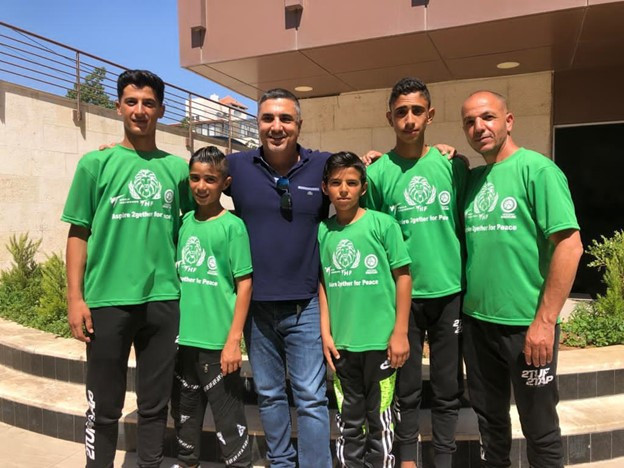
SportsEdTV: Beyond competition is there a future a Taekwondo athlete can pursue?
Usman Dildar: Definitely, definitely, I think Taekwondo is a very unique sport that has different opportunities. I used to be an athlete and then I became an instructor, started teaching, and then I became involved in the National Federation, even currently serving as vice president of the Taekwondo movement internationally and the world and technical director of Taekwondo Europe.
So for us as Taekwondo leaders we’ve decided to assist an athlete’s transition period for them, whether it's as a coach or to become a manager or even to open their own dojo or training hall, where they will earn a good living.
For some their future may be at the national federations or in the Continental Union or the World Federation or even to go up to the IOC level or Continental Games Committee.
SportsEdTV: It seems our goals are on parallel tracks, Usman, do you have suggestions?
Usman Dildar: Yes, but first tell me your quick story.
SportsEdTV: Like you, Usman we know, there are many countries in the world, many kids in the world who don't have access to good coaching. They don't have access to free sports instruction. So a group of us decided to change that by making World-Class coaching available for free to all.
So when we decide on sports, we always look at the number of participants worldwide and Taekwondo we saw had between 50 to 100 million participants, making it a very important sport for us. We’re growing very fast, recently enjoying over two million unique visitors to SportsEdTV monthly now and more to come.
Usman Dildar: As I mentioned earlier your ability to standardize the sport will be very helpful since your great videos show fundamentals as presented by a strong collection of Taekwondo coaches including world, continental and Olympic champions.
SportsEdTV: Thank you, Usman, and thanks for this interview, we’ll look forward to your Taekwondo contributions to SportsEdTV in the future, giving our audiences a view from the top of the sport.
Usman Dildar: I too look forward to sharing and thank you for the opportunity.

